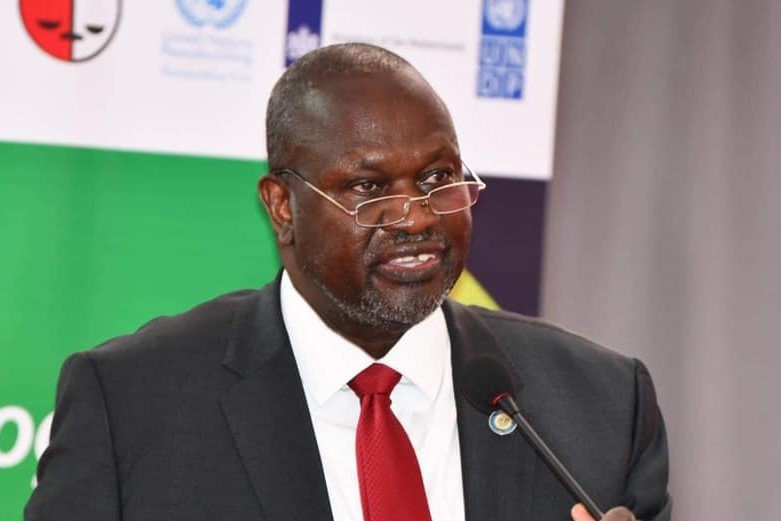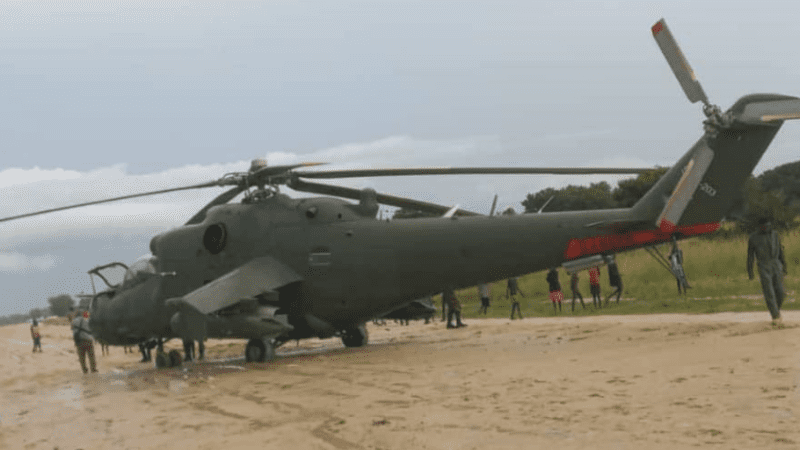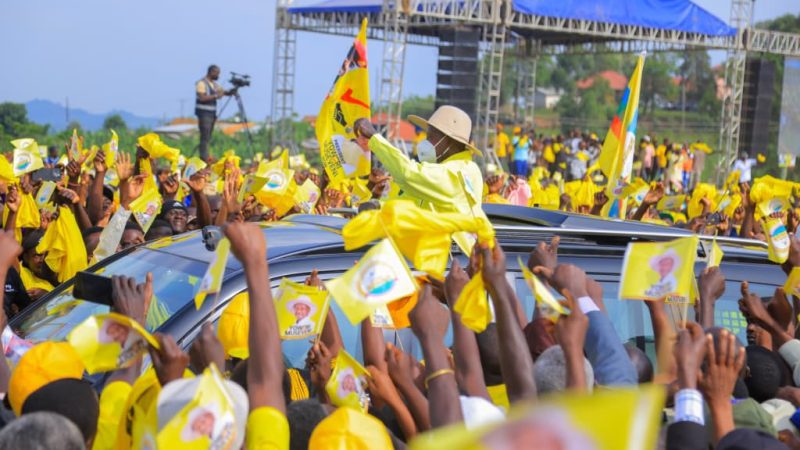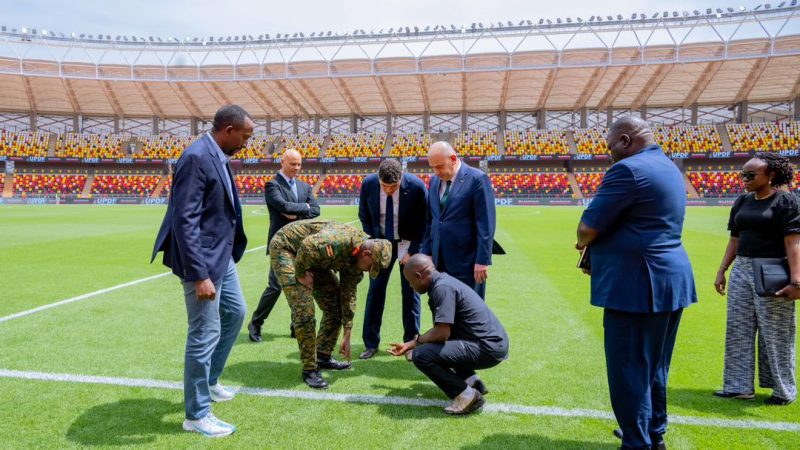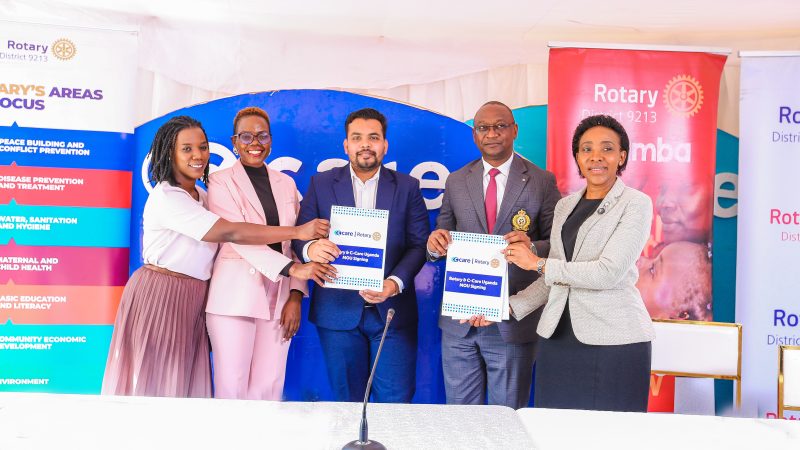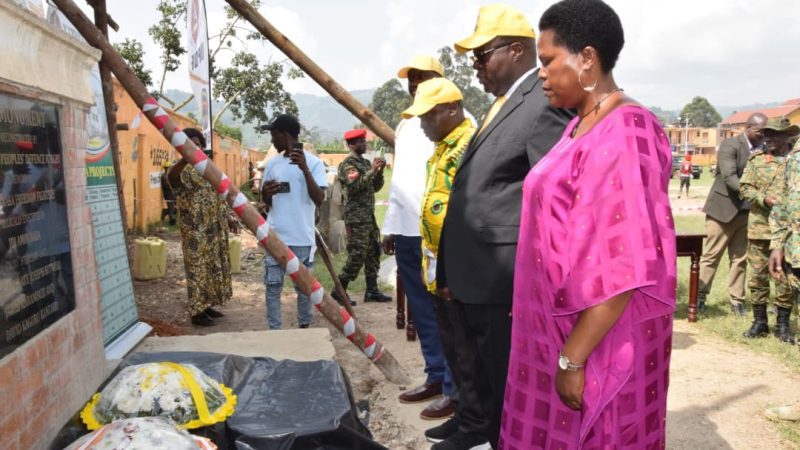During the pandemic, underage pregnancies soared in Uganda with a 366.5% increase in girls aged 10-14 becoming pregnant.1 The north in particular, has suffered a tragic level of child sexual abuse and incest – which many claim is caused by a legacy of a 20-year civil war led by Joseph Kony and the Lord’s Resistance Army (LRA).
For the BBC Africa Eye investigation, Uganda’s Stolen Innocence, reporter Paul Bakibinga returns to his homeland of Uganda and travels to the north, to investigate the true scale of the problem in the region, and the price of justice for many.
Dr. Baifa Arwinyo, Head of Obstetrics and Gynaecology at Gulu Regional General Hospital, spoke to the BBC about the complexities of underage pregnancies. “From the last financial year’s report, about 23% of our pregnancies were teenagers. If I’m talking of teenage mothers, all of them are defiled.” She added: “Because they are young, their bodies are not developed to handle a delivery. And you’ll find that young mothers are the highest proportion of those dying of obstructed labour.”
In Uganda, defilement is defined as unlawful sexual intercourse with a girl below the age of 18 – the legal age of consent. If a girl is under 14, or her abuser is a carer or HIV positive, or if the accused is a repeat offender, it becomes aggravated defilement. Incest is a separate crime under the Penal Code.
Despite ongoing cases of defilement, the investigation found that criminal convictions remain low due to scarce resources and alleged corruption throughout the justice system.
A mother to a three-year old victim who was defiled by a relative, told BBC Africa Eye of her ordeal to find justice: “The community wanted everything to be kept within, but the police had already been informed and he got arrested.” Despite medical evidence supporting the abuse, the perpetrator was released on bail as the due legal process was not followed properly. The mother did not have the financial means to continue the legal case.
Eunice Lakaraber Latim, legal counsel for NGO Caritas, explained how poverty and corruption have led to an increase in such cases: “Growing up from Gulu, I saw so many children getting defiled, and most of those parents did not have the resources to pursue the justice that their children deserved.” She added: “You have to literally pay your way to get justice. You have to pay money for fuel to have the suspect apprehended.”
BBC Africa Eye also obtained an exclusive interview with Minister of State for Northern Uganda, Grace Freedom Kwiyucwiny who acknowledged wider challenges within the justice system. “I can’t deny corruption…It’s at all levels. We have laws on defilement, we have laws on incest, but somehow again, people just go behind the law and bribe police.” On the level of cases prosecuted she added: “There are cases which have been prosecuted, but the number is not high. From the cases which were reported, only 6% reached court.”
The Regional Police Commander Nachula Damalie denied police corruption but admitted that there were problems in how some cases are dealt with.
In northern Uganda, the violent 20 -year conflict is a critical context.
The BBC spoke to Pamela Angwech, director of Gulu Women’s Economic Development and Globalization (GWED-G), to understand how the post conflict legacy left by Joseph Kony and the LRA have fuelled sexual abuse and gender-based violence. She explains how the LRA used sexual abuse as “a military strategy”.
“I describe it as the war was fought in the body of the woman and the woman became the battlefield.” Pamela added: “Living within a toxic, minefield environment had long term effects on the community. People are used to seeing death. People begin to think that sexual and gender-based abuse seems to not be the highest level of abuse.”
GWED-G, have trained over 1,000 men with violent pasts, to help change the way women are treated within the community.
The organisation has also trained young women born in captivity to develop skills to enable them to earn a living. One of the beneficiaries of this program, Eunice, learned to bake, which has helped her support her own baby.
Reflecting on his time in Gulu, Paul Bakibinga said: “It’s over 15 years ago that the LRA were formally driven out of northern Uganda. But the aftereffects of the 20 year long insurgency continue to ripple through this society. The stories that I’ve heard from these women are heart breaking.”



